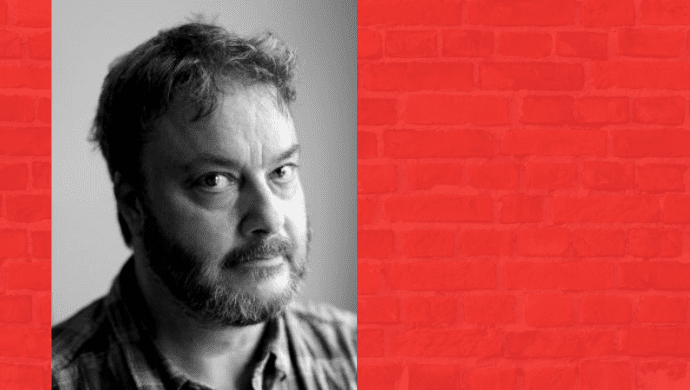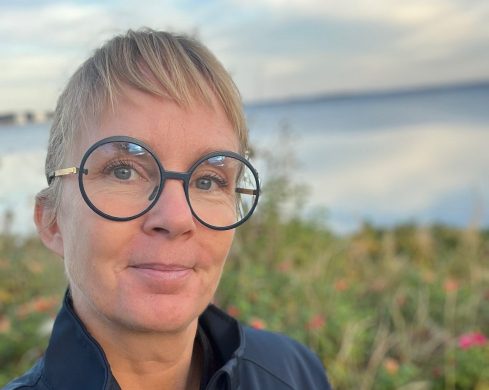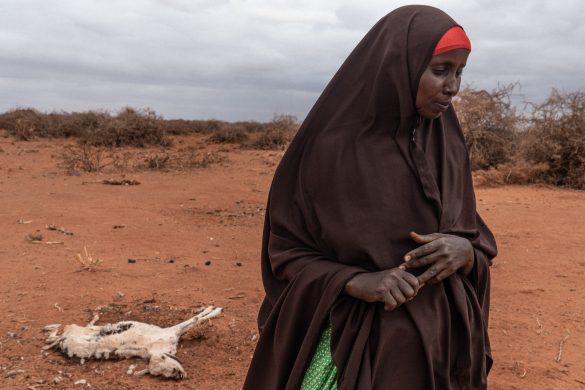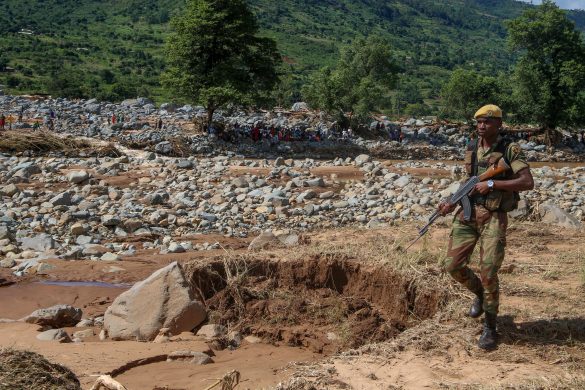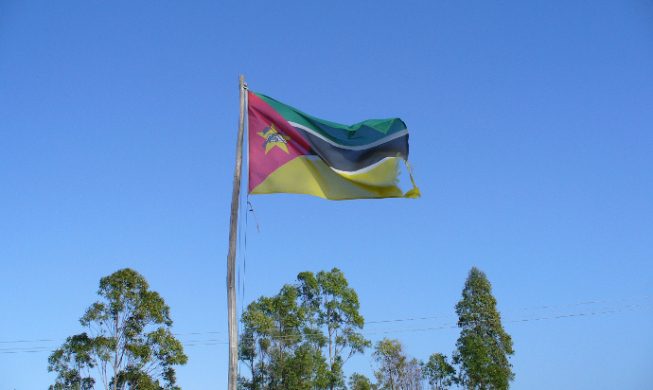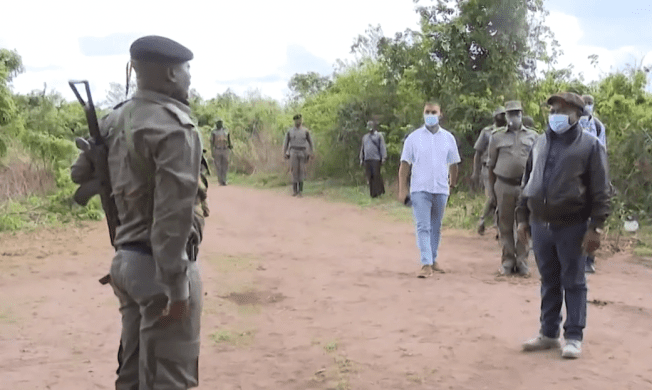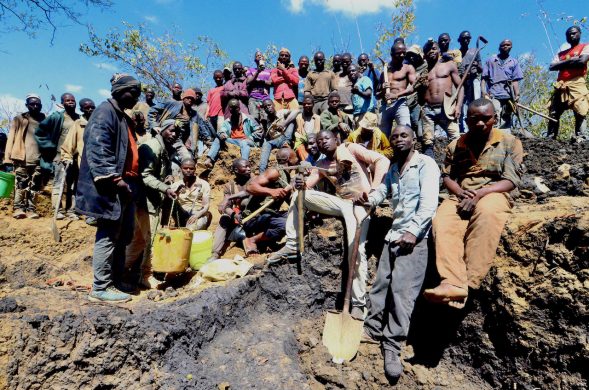Somalier og etiopere søger mod det forjættede land – Sydafrika – mange havner i lejre i Mozambique
JOHANNESBURG, 12 May 2011 (IRIN): Thousands of frustrated Ethiopian and Somali asylum seekers trying to make their way to South Africa have been marooned (ladt i stikken) in overcrowded camps in northern Mozambique since the government introduced measures limiting their movements.
The Maratane Refugee Camp in Nampula Province, which normally accommodates around 5.500 long-term residents from the DR Congo, Burundi and Rwanda, now has a population of over 10.000, while an additional 1.000 asylum seekers are staying at a temporary site in the coastal town of Palma, near the border with Tanzania.
– We did our best to expand facilities by building additional shelters, drilling boreholes, and by procuring food and non-food items, but given the sheer volume of the numbers, we are obviously overwhelmed,” said Girma Gebre-Kristos, country representative of the UN Refugee Agency (UNHCR) in Mozambique.
A steady stream of Ethiopians and Somalis started arriving in Mozambique in 2010, mostly by boat, but as long as the number of new arrivals at the Maratane Camp roughly equalled the number of departures, authorities were able to cope, Gebre-Kristos told IRIN.
However, this changed unexpectedly at the beginning of 2011, when the number of new arrivals increased significantly and the government of Mozambique put in place strict measures controlling the movements of asylum seekers outside the camp.
Gebre-Kristos said groups of Somalis and Ethiopians making their way south towards the border with South Africa had been picked up by police and returned to Maratane.
Aderito Matangala, acting head of the National Institute for Refugee Assistance (INAR), the local government counterpart of UNHCR, explained that while the law in Mozambique allowed asylum seekers freedom of movement, they first had to complete a registration process at the camp, which took three months.
Læs videre på http://www.irinnews.org/Report.aspx?ReportID=92690
Begynd fra “The existing law gives..”




